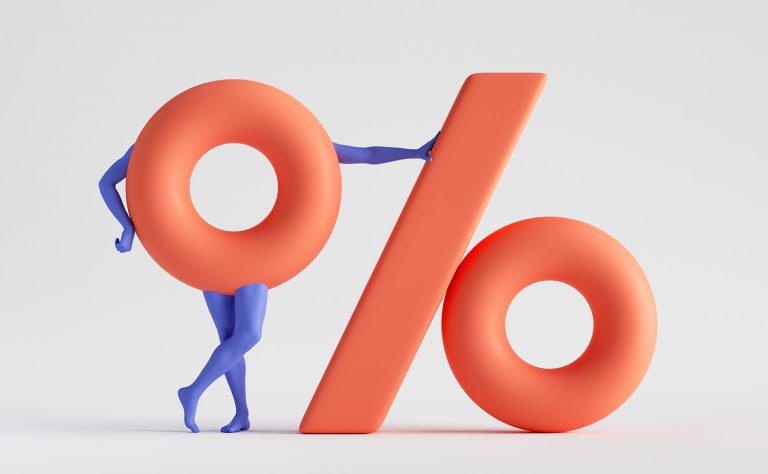Value Added Tax (VAT) is a consumption tax levied on the value added to goods and services at each stage of production or distribution. In the UK, VAT is an indirect tax, and businesses are typically responsible for collecting the tax from customers on behalf of the government and remitting it to HM Revenue and Customs (HMRC). Here’s an overview of VAT for businesses in the UK and why having an accountant’s assistance is important

- Our Mission
Through comprehensive planning we ensure that VAT is correctly accounted for.
Our expert advice ensures you remain compliant with your obligations.
Work with us to plan ahead for corporation tax.
- Our Capabilities
Overview - VAT
VAT Registration
Businesses with a taxable turnover exceeding the VAT threshold (which can change annually) are required to register for VAT with HMRC. Voluntary registration is also possible if a business's turnover is below the threshold, but there can be benefits to registering voluntarily.
Charging VAT
Once registered, a business must charge VAT on its taxable sales to customers, which is typically added to the sales price. The VAT rate may vary depending on the type of goods or services provided, with standard rates, reduced rates, and zero rates.
VAT Returns
VAT-registered businesses are required to file VAT returns periodically (usually quarterly) with HMRC. These returns detail the VAT collected from customers (output VAT) and the VAT paid on purchases and expenses (input VAT). The difference between output and input VAT is the amount payable to HMRC, or in some cases, a refund.
Compliance
Accurate VAT compliance is crucial. Incorrect VAT calculations, late filings, or other errors can result in penalties, interest charges, or even legal consequences. Ensuring that VAT records are maintained properly and VAT returns are submitted accurately and on time is essential.
VAT on Imports and Exports
VAT also applies to imports and exports of goods and services. Handling VAT on international transactions can be complex, involving reverse charge mechanisms, customs duties, and different VAT rules for EU and non-EU countries (post-Brexit).
Special Schemes
Some businesses may qualify for special VAT schemes, such as the Flat Rate Scheme or the Annual Accounting Scheme, which can simplify VAT reporting and payment processes.
Partial Exemptions
Certain businesses that provide a mix of taxable and exempt supplies may be subject to partial exemption rules, which require complex calculations to determine recoverable input VAT.
- Our Capabilities
Why Accountant Help with VAT is Important
Complexity
VAT regulations in the UK can be intricate, and they often undergo changes. An accountant is well-versed in these regulations and can navigate them effectively to ensure compliance.
Accuracy
Calculating VAT, particularly in cases of partial exemption, international trade, or special schemes, can be challenging. An accountant's expertise can help prevent costly errors.
Efficiency
Accountants can streamline VAT processes, helping businesses maintain proper records, file returns on time, and make VAT payments promptly.
Tax Planning
Accountants can provide valuable advice on VAT planning and optimisation, helping businesses legally minimise their VAT liability.
Audits and Inspections
If your business is audited or inspected by HMRC, having an accountant who has maintained accurate VAT records and can represent you during these processes is invaluable.
VAT is a complex tax in the UK, and compliance is crucial to avoid penalties and legal issues. Given the intricacies of VAT regulations, having an experienced accountant can help businesses efficiently manage their VAT obligations, minimise errors, and ensure proper compliance with tax laws.


